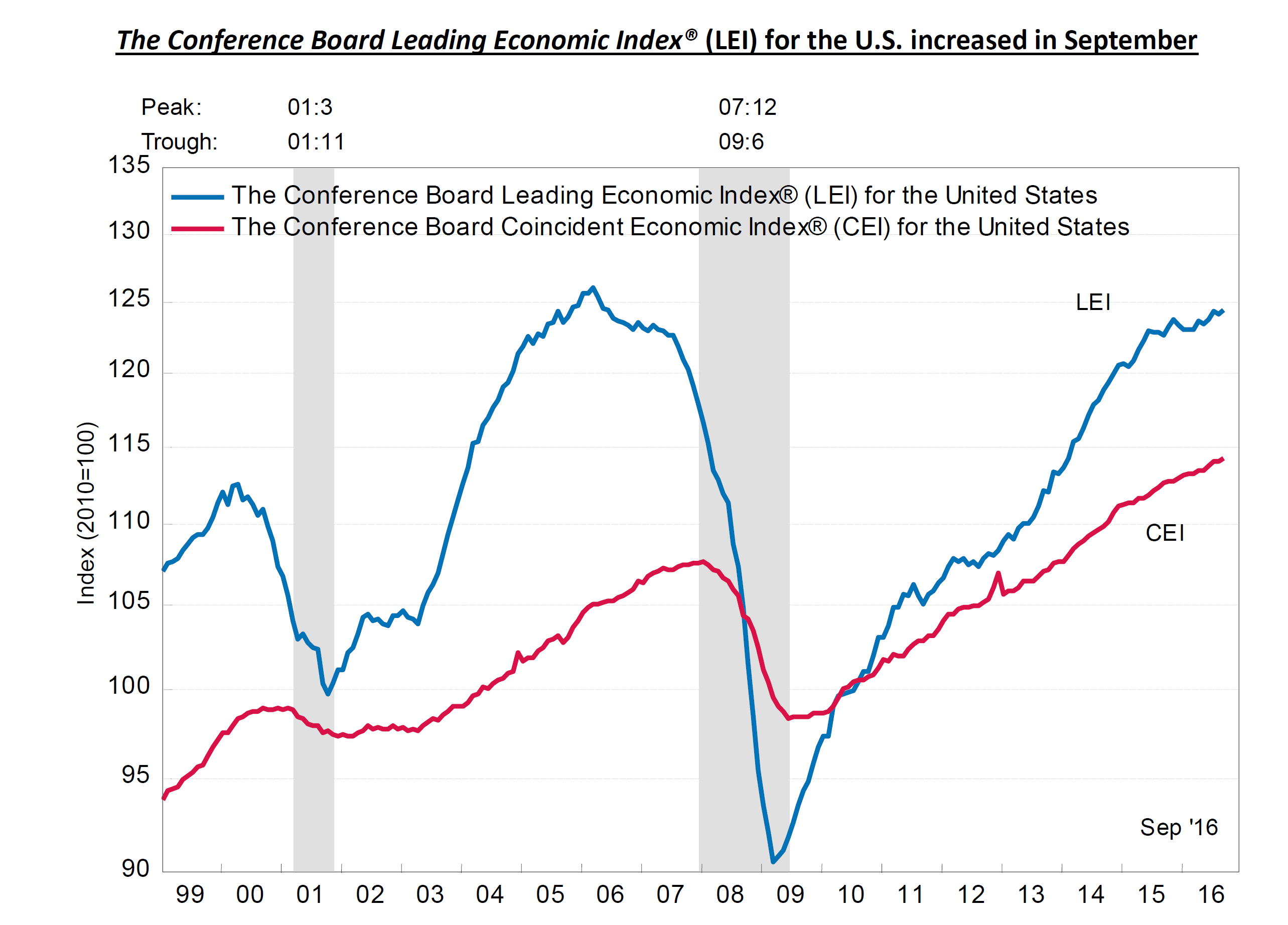I attended the fourth annual AVMA Economic Summit this week. The progress made in understanding the business of our profession since the first summit is nothing short of amazing. There were a few dozen attendees at that first summit and there were more than two hundred this week. In my opinion, AVMA Economic Summit is now a meeting that should be on the list for any veterinarian who is seriously interested in fine tuning the financial performance of their practice.
Until recently, in the absence of veterinary specific economic data, our profession has been a cork in the river, rudderless to adjust our course. In 2012, ismypracticehealthy.com completed the National Equine Veterinary Economic Study. This study tracked key indicators before, during, and after the great recession. In 2013, the AVMA founded the Veterinary Economics Division to analyze veterinary economic issues. In addition, the AVMA founded the Veterinary Economic Strategy Committee to incubate strategy utilizing the economic data generated by the Economics Division.
Dr. Michael Dicks led off the summit discussing Macroeconomic trends. Most veterinarians, even those with very successful businesses, live and work in a micro economic environment, off in the weeds compared to Dr. Dicks' Macro look at our world.
A very interesting index that Dr. Dicks discussed is the Conference Board Index of Leading Economic Indicators (LEI). The Conference Board releases the current LEI on the third Thursday of every month. To summarize and perhaps over-simplify, before recessions, the LEI always drops. This has been the case in the 10 business cycle recessions from 1953-2009. The average length of the recession has been 11 months.
If you look at the LEI line on the following chart, you will see that the line drops precipitously BEFORE the 2000 recession and again BEFORE the 2008 recession. Looking at this chart, Dr. Dicks forecasted that we will have a recession soon but not eminently.

It seems to me that if we have an indicator that leads us to believe there will be a recession, it is the ideal time to review the lessons we should have learned from the great recession and plan to use that knowledge in the next recession to minimize lost financial performance of our practices. Although the National Equine Veterinary Economic Study tells us about the financial decisions and financial performance in equine practices, I believe we can reasonably extrapolate those data trends to other disciplines.
Here are some trends from the National Equine Veterinary Economic Study.
- Owners' income was reduced first and most drastically.
- In most practices, staffing adjustments were delayed.
- In most practices, number of associates and associate compensation adjustments were delayed.
These adjustments were delayed so long that financial recovery would take years longer in those practices.
Let’s assume that sooner or later, there will be another recession. It seems prudent to make a list of the decisions “I wish I had made during the great recession”. Ask your business network of people to make that same list, and then email the list to each other. You will then have a list of priority decisions that you should consider early in the next recession rather than after the recession.
